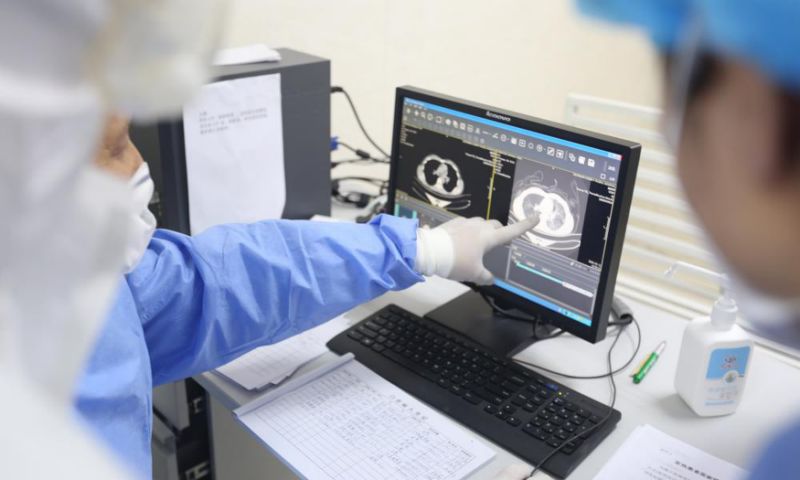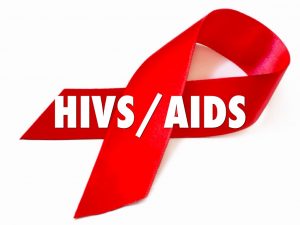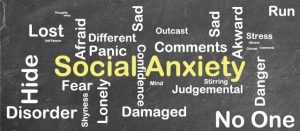
What became known as Covid-19, or the coronavirus, started in late 2019 and early 2020 in the Chinese city of Wuhan as a cluster of pneumonia cases with an unknown cause.
The cause of the pneumonia was found to be a new virus – severe acute respiratory syndrome coronavirus 2, or Sars-CoV-2. The illness caused by the virus is Covid-19.
Now declared as a pandemic by the World Health Organisation (WHO), the majority of people who contract Covid-19 suffer only mild, cold-like symptoms.
WHO says about 80% of people with Covid-19 recover without needing any specialist treatment. Only about one person in six becomes seriously ill “and develops difficulty breathing”.
So how can Covid-19 develop into a more serious illness featuring pneumonia, and what does that do to our lungs and the rest of our body?
How is the virus affecting people?
Guardian Australia spoke with Prof John Wilson, president-elect of the Royal Australasian College of Physicians and a respiratory physician.
He says almost all serious consequences of Covid-19 feature pneumonia.
The largest group of those who would be positive for Covid-19, and the people most likely to present to hospitals and surgeries, are those who develop the same flu-like symptoms that would usually keep them off work.
A fourth group, Wilson says, will develop severe illness that features pneumonia.
He says: “In Wuhan, it worked out that from those who had tested positive and had sought medical help, roughly 6% had a severe illness.”
The WHO says the elderly and people with underlying problems like high blood pressure, heart and lung problems or diabetes, are more likely to develop serious illness.
How does the pneumonia develop?
When people with Covid-19 develop a cough and fever, Wilson says this is a result of the infection reaching the respiratory tree – the air passages that conduct air between the lungs and the outside.
He says: “The lining of the respiratory tree becomes injured, causing inflammation. This in turn irritates the nerves in the lining of the airway. Just a speck of dust can stimulate a cough.
“But if this gets worse, it goes past just the lining of the airway and goes to the gas exchange units, which are at the end of the air passages.
“If they become infected they respond by pouring out inflammatory material into the air sacks that are at the bottom of our lungs.”
If the air sacks then become inflamed, Wilson says this causes an “outpouring of inflammatory material [fluid and inflammatory cells] into the lungs and we end up with pneumonia.”
He says lungs that become filled with inflammatory material are unable to get enough oxygen to the bloodstream, reducing the body’s ability to take on oxygen and get rid of carbon dioxide.
“That’s the usual cause of death with severe pneumonia,” he says.
How can the pneumonia be treated?
Prof Christine Jenkins, chair of Lung Foundation Australia and a leading respiratory physician, told Guardian Australia: “Unfortunately, so far we don’t have anything that can stop people getting Covid-19 pneumonia.
“People are already trialling all sorts of medications and we’re hopeful that we might discover that there are various combinations of viral and anti-viral medications that could be effective. At the moment there isn’t any established treatment apart from supportive treatment, which is what we give people in intensive care.
https://in.news.yahoo.com/coronavirus-happens-peoples-lungs-covid-163036953.html








